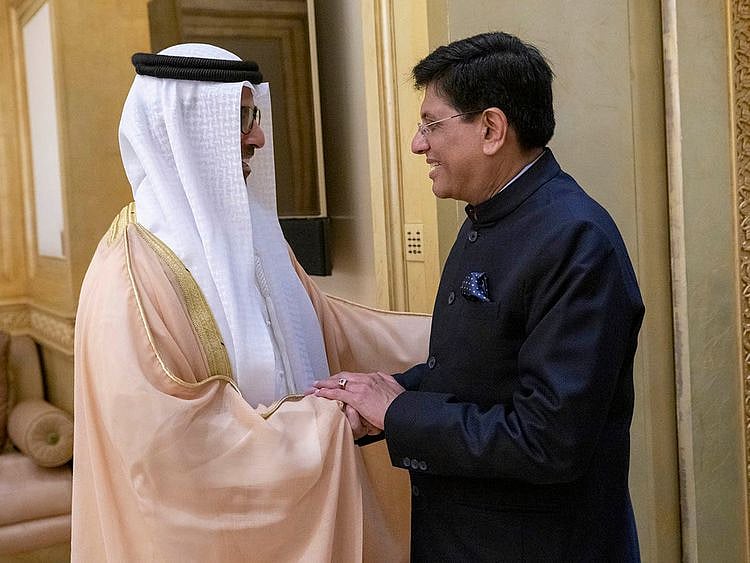UAE to develop domestic card scheme, signs agreement with India
DCS will facilitate growth of e-commerce, digital transactions in the UAE

Dubai: The UAE and India have partnered to create and launch a Domestic Card Scheme (DCS) in the emirates on the lines of India’s RuPay card technology.
Officials from Al Etihad Payments (EAP), a subsidiary of the UAE Central Bank, and the NPCI International Payments Limited (NIPL), a wholly-owned subsidiary of the National Payments Corporation of India (NPCI), signed the agreement on Thursday.
NIPL and EAP will work together to build, implement, and operationalise UAE’s national domestic card scheme, according to state news agency WAM.
DCS will be the nation’s first unified, secure, and efficient card payment platform, similar to international payment processing companies such as Mastercard and Visa. Its development will accelerate the UAE’s transition to a digital economy by facilitating the growth of e-commerce providing consumers with a customised offering.
The UAE DCS will bolster financial inclusion, increase alternate payment options, reduce the cost of payments, and enhance the UAE’s competitiveness as a global payments leader, explained WAM.
The agreement was signed on the sidelines of the 11th UAE-India High-Level Joint Task Force on Investments meeting.
The meeting was co-chaired by Sheikh Hamed bin Zayed Al Nahyan, the Managing Director of Abu Dhabi Investment Authority (ADIA), and Piyush Goyal, Minister of Commerce and Industry, Consumer Affairs, Food and Public Distribution, and Textiles, Government of India.
Sheikh Hamed Bin Zayed said: “The delegates at today’s Joint Task Force meeting were able to take great satisfaction from the progress made on implementing the landmark Comprehensive Economic Partnership Agreement (CEPA) between India and the UAE.” The leaders have reiterated their intent to continue working collaboratively to strengthen this partnership.
What is DCS?
Built on India’s RuPay card stack lines, UAE’s DCS solution is based on the principles of sovereignty, speed to market and strategic independence. “The DCS solution provided by NIPL consists of a RuPay stack and value-added services like fraud monitoring services and analytics,” said a statement from the Indian Embassy in the UAE.
Meanwhile, NIPL will also assist EAP in formulating the operating regulations for their domestic card scheme. RuPay is a secure and widely accepted card payment network in India. RuPay cards have debit, credit, and prepaid propositions, and more than 750 Million RuPay cards are in circulation as of date.
RuPay cards make up more than 60 per cent of total cards issued in India, with every second Indian having a RuPay card now. These cards are issued through the entire banking spectrum, including public sector, private, and small banks.
Goyal highlighted strengthening existing collaborations following the CEPA signing and exploring new partnership opportunities. “The partnership agreement between NPCI and CBUAE for developing a National Card scheme for the UAE modelled on India’s RuPay card is another milestone in our economic engagement. The India-UAE partnership will go a long way and would be exemplary for the world,” he explained.
Another important topic on the agenda was the establishment of the Abu Dhabi-India Virtual Trade Corridor, which aims to increase overall trade volumes by developing data exchange systems to facilitate paperless trade between the two countries, improving efficiencies and security.
Sign up for the Daily Briefing
Get the latest news and updates straight to your inbox
Network Links
GN StoreDownload our app
© Al Nisr Publishing LLC 2026. All rights reserved.